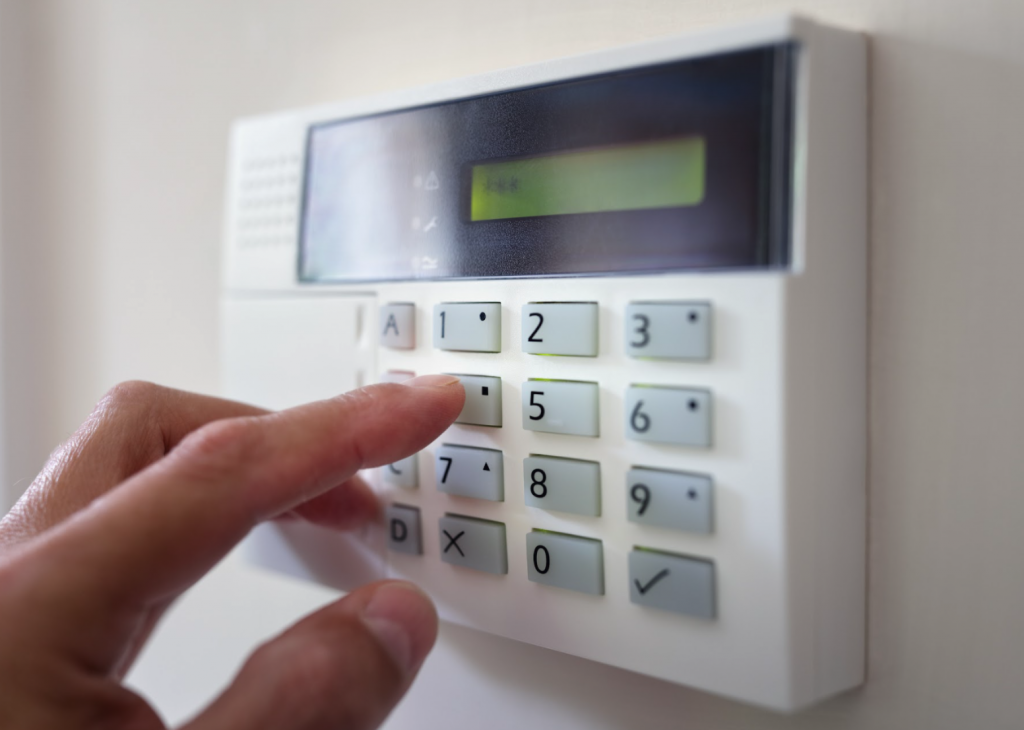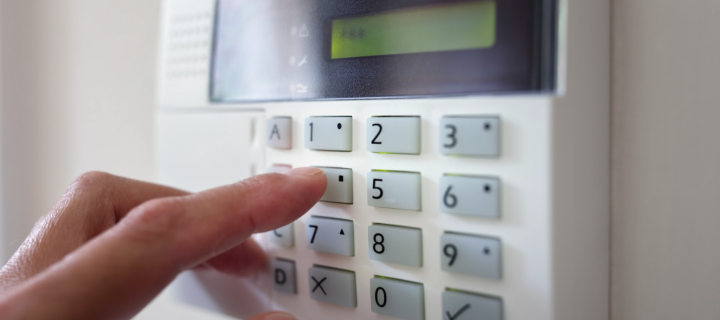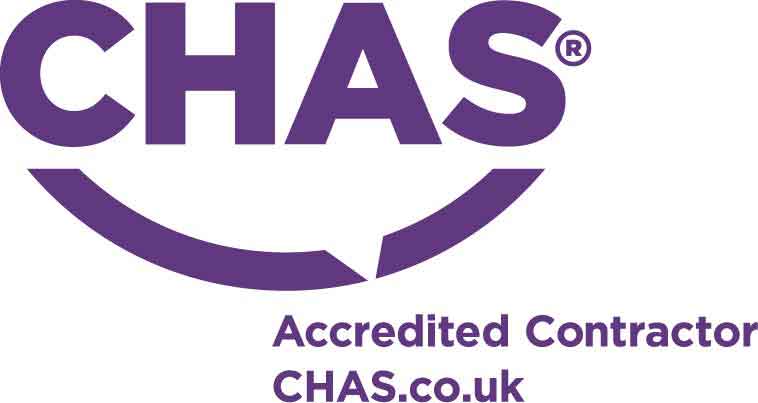If you’re getting a new office or commercial space fitted out, at some point you’re going to need to decide what sort of alarm system you need.
There are benefits to choosing both wired and wireless systems, but in this article we’re just going to be focusing on the latter, looking at some of the key benefits and drawbacks.

How do wireless alarm systems work?
Wireless alarm systems work much the same as conventional alarm systems, but use radio signals to transmit information between the detectors and the control panel rather than wires.
Like their wired equivalents, wireless systems will also have electronic sounders and manual call points.
When they were first released to the market, wireless systems developed a reputation for unreliability, but the technology has come on leaps and bounds over the years to the point where they are just as reliable as their conventional wired systems.
What are the pros of wireless alarm systems?
- Easy to install: One of the clear benefits of wireless alarm systems is that they are much simpler to install than wired systems. No wires means no need for structural changes to the building and no need to disrupt business operations. All that needs to be done is to work out exactly where the detectors are going to go and ensure they are linked to the control panel.
- They are better for your building’s aesthetic: Given the fact that wireless systems don’t require any structural work in order to be installed, you don’t have to worry about any interior damage to your building affecting the look of your space. You can also be sure that there will be no exposed cable work! The only required cables for a wireless alarm system are the ones that travel from the control panel to the mains.
- Easy to change the layout: Just like the fact that wireless alarm systems are easy to install, if anything about the layout of your building changes, altering the positioning or extending your wireless alarm system is also a simple process. By contrast, a wired system is much more difficult to alter. With this in mind, if you anticipate that changes might be made to your building in the near future, a wired system is a safer option.
- Can work through power cuts: Given that wireless detectors are battery operated, they can operate through a power cut, unlike wired systems.
What are the cons of a wireless alarm system?
- Expensive: One of the most obvious drawbacks of a wireless alarm system is that the hardware is a lot more expensive than just opting for a wired system. However, once you factor in the additional labour costs of having a wired system installed, the prices are much closer than you might expect.
- Battery-powered: While the battery-powered nature of wireless detectors can be a positive in the event of a power cut, it can also be another thing you need to stay on top of day to day. One of the benefits of a wired system is that, once it’s been installed, you can just let it run without the worry of it powering down.
To conclude, we would argue that a wireless fire alarm system is definitely worth considering in 2021, particularly if your premises are more temporary or subject to changes.
Here at Asco, we supply and fit wireless alarm systems to customers throughout Duns, Forfar, Ardrossan, Aberdeen, Edinburgh, Glasgow and Midlothian to BS EN 54 standards, so if you need any advice with your next system, or you would like to book an installation with us, please contact us.












